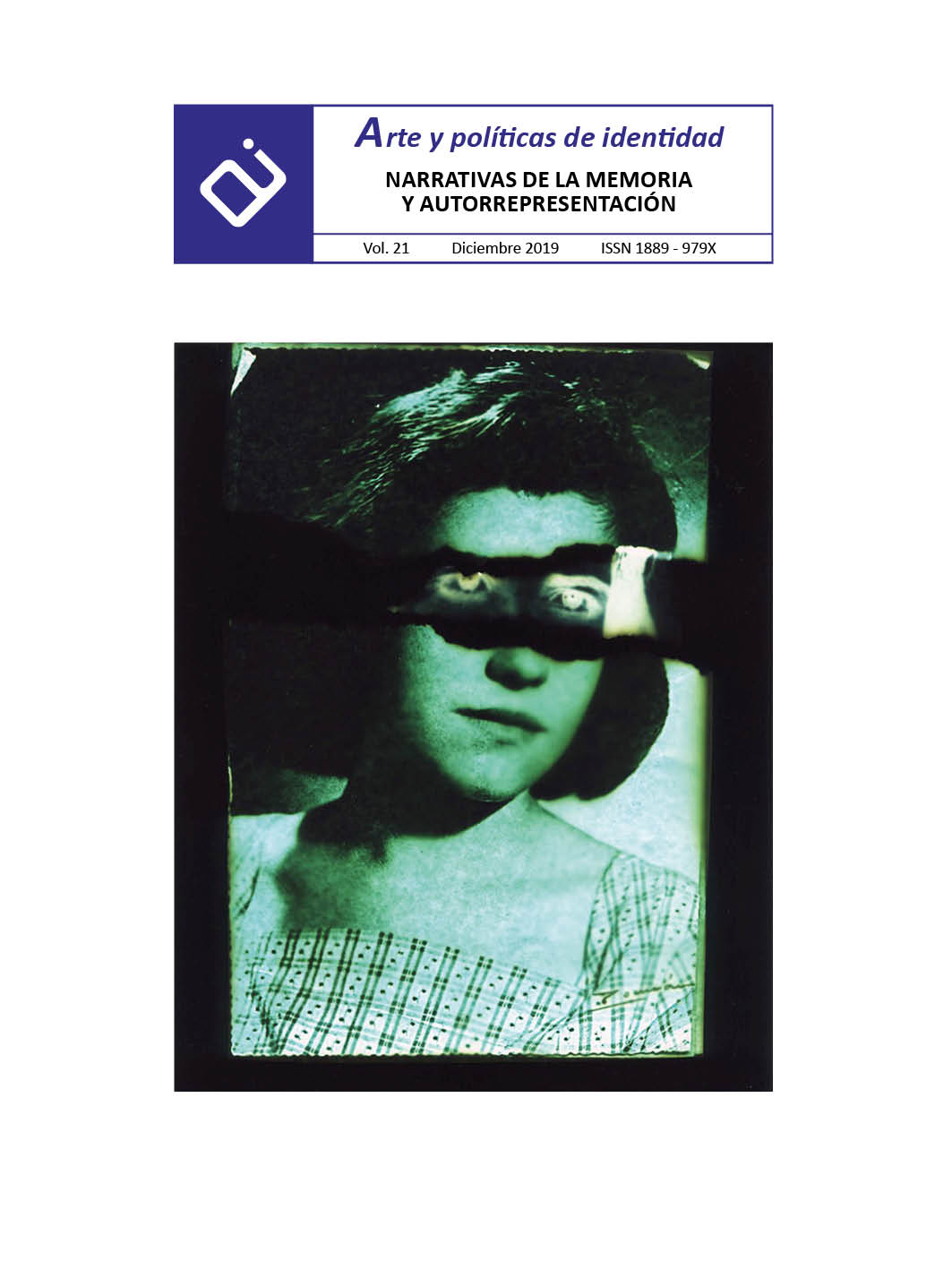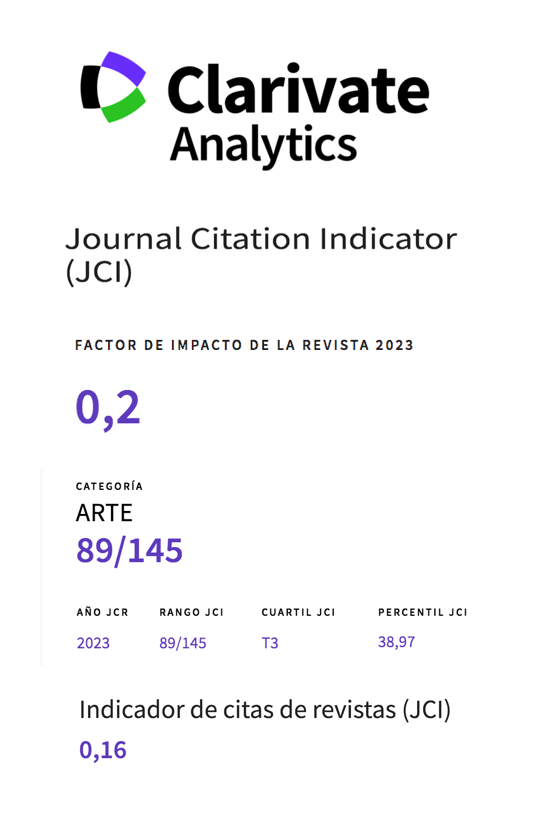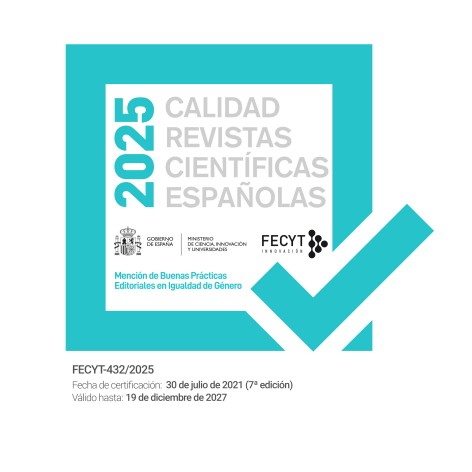The borders of the archives. The exotic in Pasolini.
Abstract
Today Pier Paolo Pasolini is considerated as one of the most important Italian intellectuals from the 20th century. His life picks up the passage from the fascist regime to the neo-capitalism and from the colonialism to the post colonialism. Holding the actual Italian geopolitical context in mind in regard to the migration policies, the neoliberal and neocolonial development ¿what does analyse the pasolinianan reference mean now a day? And what happens in regard to the imaginary that was build around the poet as an icon of the fight against radical anti-capitalism if by analyzing his work and life we move our attention to an antiracist perspective? The objetive of this contribution is to situate the pasolinianan figure in the Italian historical context. Analysing his interest about archives and making the more orientalist aspect of his work.
Downloads
-
Abstract532
-
PDF (Español (España))477
References
Bazzocchi, M.A. (2013). I riccioli di Ninetto. In G.M. Annovi (ed.) Fratello selvaggio: Pier Paolo Pasolini tra gioventù e nuova gioventù. Massa: Transeuropa.
Bhabha, H. K. (2002). El Lugar de la cultura. Buenos Aires: Ed. Manantial.
Caminati, L. (2010). Orientalismo eretico: Pier Paolo Pasolini e il cinema del Terzo Mondo. Milano: Edizioni Mondadori.
Clifford, J. (1997). Strade. Viaggio e traduzione alla fine del secolo XX. Torino: Ed. Bollati Boringhieri.
Eco, U. (1962). Opera aperta. Milano: Edizioni Bompiani, Milano.
Giuliani, G., Longobardi-Diop, C. (2013). Bianco e nero. Storia dell’identità razziale degli italiani. Milano: Ed. Mondadori.
Grecchi, G., Gravano, V. (2016). Presente imperfetto. Ereditá coloniali e immaginari raziali contemporanei. Milano-Udine: Ed. Mimesis.
Maraschin, D. (2014). Pasolini. Cinema e Antropologia. Bern: Ed. Peter Lang.
Mezzadra, S. (2004). Derecho de fuga. Migraciones, ciudadanía y globalización. Madrid: Traficantes de Sueños.
Moravia, A. (2007). L’idea dell’India. Milano: Ed. Bompiani.
Naldini, N. (1989). Pasolini. Una vita. Torino: Einaudi.
Pasolini, P.P. (1972). Empirismo eretico. Milano: Garzanti, Milano.
Pasolini, P.P. (1998). Romanzi e Racconti. Milano: I Meridiani, Ed. Mondadori, Tomo I – II.
Riva, M. y Parussa, S. (1997). L’autore come antropologo: Pier Pao¬lo Pasolini e la morte dell’etnos. Annali d’italianistica, 15, 255-265.
Said, E. W. (1999). Orientalismo. Milano: Feltrinelli.
Sobrero, A.M. (2015). Ho eretto questa statua per ridere. L’antropologia e Pier Paolo Pasolini. Roma: Ed. Cisu.
Tornitore, T. (2007). Prólogo. En A. Moravia L’idea dell’India. Milano: Ed. Bompiani.
Trento, G. (2010). Pasolini e l’Africa. L’Africa di Pasolini. Panmeridionalismo e rappresentazioni dell’Africa postcoloniale. Milano-Udine: Ed. Mimesis.
Works published in this journal are subject to the following terms:
- The Service of Publications from the University of Murcia (publishing house) keeps the published works’ copyrights, and favors and allows the reuse of these works under the license indicated in point 2.
- Works are published in the journal’s online edition under the license Creative Commons Reconocimiento-NoComercial-SinObraDerivada 3.0 España(texto legal). They can be copied, used, disseminated, transmitted and publicly exhibited, as long as: i) the author and original source of publication are cited (journal, publishing house and work’s URL); ii) they are not used for commercial purposes; iii) the existence and specifications of this license are mentioned.
3. Conditions for auto-file. It is allowed and encouraged that authors share electronically their pre-print version (the pre-reviewed version) and /or post-print version (the reviewed and accepted version) of their Works before the publication, since it promotes its circulation and dissemination. RoMEO color: green.










